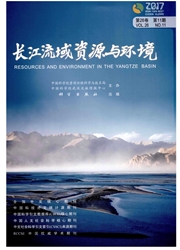

 中文摘要:
中文摘要:
在单位制城市社区向物业小区的城市社区转型中,业主、业主委员会、物业服务公司、居委会等利益相关者大量涌现,社区管治也随之出现。但转型期居委会基层组织和房地产行政主管部门“双线”管理的社区管治结构在物业管理纠纷时并非有效。本研究对南京市梅花山庄社区物业管理纠纷进行实证研究,透视转型期社区管治的问题,并对改善社区管治提出一些建议。
 英文摘要:
英文摘要:
Property owners, property owners' eommittees, property management enterprises, residential committees and other forms of stakeholdership have emerged in recent years, with urban community shifting from working-unit based community to market-led community. Community governance has thus emerged in Chinese cities. However, the current dual-track community management system of residential committees and real estate bureau can not deal well with many new problems in property management. This empirical study examines community governance in the transitional era through a ease study of Meihua Shanzhuang community in Nanjing. The author identifies the reasons for the poor eapahility of community governance and provides some suggestions for its improvement.
 同期刊论文项目
同期刊论文项目
 同项目期刊论文
同项目期刊论文
 期刊信息
期刊信息
